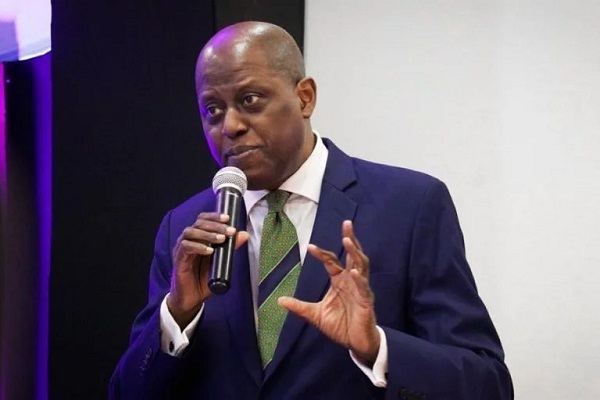Seven days after the expiration of the June 3, 2025 deadline for Bureau De Change (BDC) recapitalisation, operators in the sector remain optimistic for an extension as they continue to dialogue with the Central Bank of Nigeria (CBN).
This is as indications emerged that the BDCs are seeking an extension of the recapitalisation deadline for the second time to December 31, 2025.
The CBN had remained quiet on an extension since the deadline elapsed with majority of the BDCs in the country not meeting the deadline. President of the Association of Bureau de Change Operators of Nigeria (ABCON) Aminu Gwadabe told LEADERSHIP that discussions are still ongoing with the apex bank for the possibility of an extension.
Over 95 per cent of licensed operators failed to meet the new minimum capital requirements of N500 million for Tier 2 and N2 billion for Tier 1, set by the CBN leading to the closure of over 1,500 BDCs and loss of millions of jobs according to Gwadabe.
He noted that “not more than five per cent have met the financial requirements leaving over 95 per cent struggling with extinction. With the current slow pace of compliance it is only an extension for the eligible BDC’s that will enable them to participate in the new reforms or face revocation.
“The 2024 CBN new guidelines on recapitalisation of BDCs in Nigeria is one of the reforms that intends to upgrade capacity, corporate governance, and efficient reporting while aligning with AML/CFT standards. It is indeed a journey, not a destination.”
Head of Financial Institutions Ratings at Agusto & Co., Ayokunle Olubunmi, noted that with majority of the BDCs not able to meet the new requirement, the aim of the CBN to shrink the bloated number of BDC operators in the country may have been achieved.
“CBN has stated that the number of BDCs in the market is just too many relative to the value they offer. Even in terms of transaction volumes, there’s a sense that the regulator may prefer to deal with fewer, more capitalised players,” Olubunmi said.
“Some of the smaller BDCs may end up shutting down or operating under the umbrella of larger ones. We may begin to see agent-based partnerships where unlicensed players bring customers to licensed operators in exchange for shared commissions,” Olubunmi noted.
Noting that there has been a shift in transaction patterns in the foreign exchange market with increased preference of digital channels over cash-based dealings, he said “the dynamics have changed significantly since the previous CBN administration. Cash transactions are declining, digital transfers are rising, and customers are more interested in traceable, formal platforms, whether for travel, investments in Eurobonds, or money market instruments.”
CREDIT: DAILY POST
